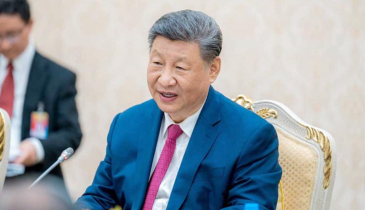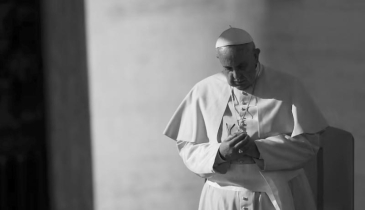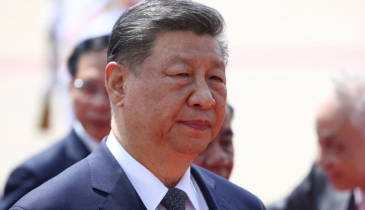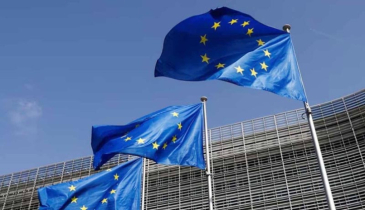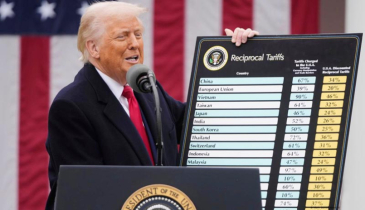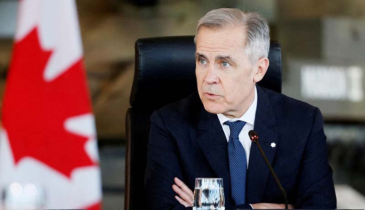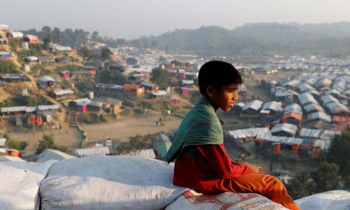G20 leaders turn focus to climate change on Rio summit's last day
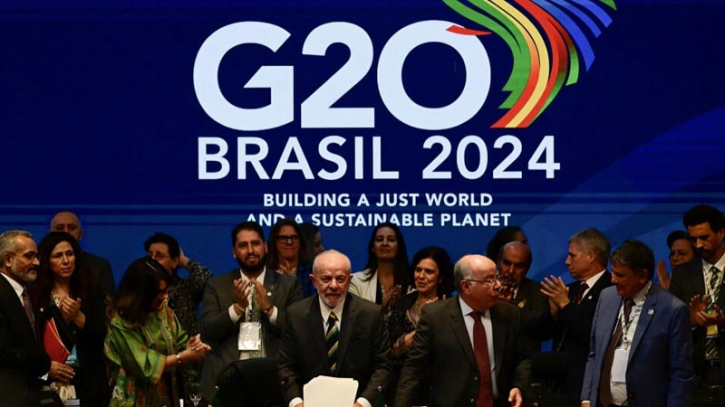
On the final day of the G20 summit in Rio de Janeiro, world leaders shifted their attention to climate change, emphasizing sustainable development and the transition to cleaner energy sources.
These discussions aim to bolster global efforts ahead of the UN climate talks in Azerbaijan, where a crucial agreement on addressing global warming is expected.
As 2024 shapes up to be the hottest year on record, urgency is mounting. Leaders are working to solidify climate commitments before the anticipated return of Donald Trump to the US presidency in January, which could see the US withdraw from the Paris Agreement and reverse its climate policies.
Despite recognizing the need for collective action, the G20’s final statement fell short of detailing specific solutions, leaving crucial decisions to the UN summit set to conclude on Friday. Economists recommend setting an annual funding goal of at least 1 trillion US dollar to combat climate change effectively.
However, disagreements persist over how to allocate financial responsibilities. Developed nations, particularly in Europe, advocate for expanding contributions to include wealthier developing nations such as China and affluent Middle Eastern countries. Meanwhile, developing nations, including host country Brazil, argue that the burden should remain with historically high-emitting developed nations.
Proposals allowing developing countries to contribute voluntarily were reportedly considered during negotiations but ultimately excluded from the final agreement.
In his opening address on Monday, Brazilian President Luiz Inácio Lula da Silva underscored the visible and urgent impacts of climate change worldwide, calling for immediate action.
With G20 countries responsible for over 75% of global emissions and holding 85% of the world’s economic power, their role is critical in shaping the global response to climate challenges.
.png)


